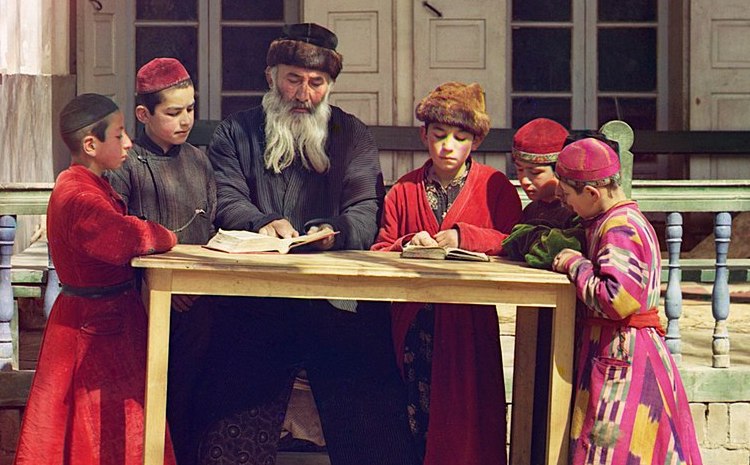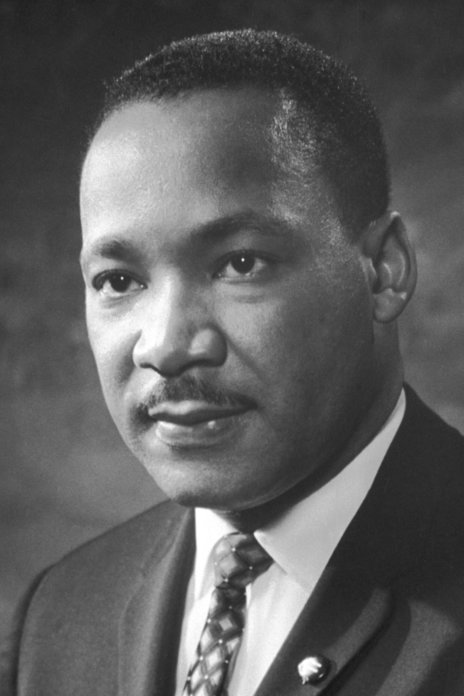
I took the test for fun, but I discovered something interesting in the results. According to two tests, both inspired by the Myers–Briggs Type Indicator, I am an ENFJ. But where does this acronym come from?
16 Personality Types
First, Carl Jung (1875-1961), a Swiss psychiatrist, proposed a theory of psychological types. His theory was taken and extended by Katharine Briggs and her daughter, Isabel Myers, who were personality enthusiasts who had studied his work extensively. They developed the Myers-Briggs Type Indicator which classified people into 16 different types on the basis of four dichotomies: Introversion-Extroversion, Sensing-Intuition, Thinking-Feeling, and Judging-Perceiving.
The first three were adapted from Jung and the last was developed by Myers-Briggs. So, for example, according to this test, I am Extroverted-iNtuiting-Feeling-Judging (ENFJ). But what does that mean?
I have read several similar descriptions of the characteristics of an ENFJ. They have often confirmed my own observations, but at times they have also given me some new interesting insight about this personality type.
If you are interested in gaining insight into your personality or someone else’s, I would suggest taking the free tests that are easily available on the Internet. For example from Truity.com or from 16personalities.com. You can even take the “official” paid one from MBTI. But there are many more.
The Four Temperaments
Four letters acronyms, however, are a little bit “dry” and don’t help to visualize the personality types.

However, an American psychologist, David Keirsey, expanded on the ancient study of temperament by Hippocrates and Plato and in his works used the names suggested by Plato: Artisan, Guardian, Idealist, and Rational.
Keirsey then divided the four temperaments into two categories (roles), each with two types (role variants). The resulting 16 types correlate with the 16 personality types described by Briggs and Myers (MBTI).
They are:
Artisans: Composer (ISFP) – Crafter (ISTP) – Performer (ESFP) – Promoter (ESTP)
Guardians: Inspector (ISTJ) – Protector (ISFJ) – Provider (ESFJ) – Supervisor (ESTJ)
Idealists: Champion (ENFP) – Counselor (INFJ) – Healer (INFP) – Teacher (ENFJ)
Rationals: Architect (INTP) – Fieldmarshal (ENTJ) – Inventor (ENTP) -Mastermind (INTJ)
ENFJ, The Teacher (or the Performer, the Mentor, etc.)

Others have found similar names for the ENFJ, but the Teacher is good as any other.
ENFJ is the abbreviation for extraversion, intuition, feeling, and judgment.
Extraversion: ENFJ’s are motivated and energized by interacting with people. They’re sociable and generally have a wide circle of acquaintances and friends. ENFJ’s listen to others before making decisions and enjoy the approval of others.
Intuition: ENFJ’s mostly focus on the big picture and future possibilities; they tend to pay less attention to detail and the current situation. ENFJ personality types are creative and abstract thinkers.
Feeling: ENFJ’s take into account personal considerations and the feelings of others before making decisions. When making a decision, ENFJ personality types don’t use only cold logic, but consider also the social implications.
Judgment: ENFJ like to make plans and they are quick decision-makers. The ENFJ personality type prefers predictability in order to plan and control situations.
ENFJ personality types are extroverted and sensitive to the feelings and needs of others. The dominant characteristic of the ENFJ personality type is their genuine desire to make the world a better place. ENFJ’s look for harmony in relationships and broader social groups. Sharing the values of their social group creates the harmony that the ENFJ personality type craves in all situations. ENFJ’s are warm and charming; they’re also charismatic and can be very talkative. They excel in the social arena, and people love to be in the company of ENFJ personality types because they’re fun and have a good sense of humor. ENFJ’s are excellent leaders.
ENFJ’s make up TWO percent of the population.
ENFJ’s Are Insightful
ENFJ personality types have a talent for reading others quickly, and they easily establish rapport with all sorts of different personality types. Their gift is to assess someone they’ve just met, and then to take on their emotions, expressions, and body language.
ENFJ’s Have Social Intelligence
Social interaction energizes the ENFJ personality type. They’re formidable networkers and generally have a wide circle of friends and social connections.
ENFJ’s Are Persuasive
ENFJ’s use their charm and charisma to easily persuade others to their way of thinking. ENFJ personality types are hard to resist, and ENFJ’s need to be careful of using their formidable powers of persuasion to manipulate others to achieve their goals.
ENFJ’s Are Leaders
ENFJ personality types are passionate about making the world a better place. Their biggest joy is to inspire others to go along with them to improve the world. ENFJ’s are confident and fearless when it comes to speaking their minds about social injustice, and their charisma and genuine desire to help others to a better life can influence millions. Martin Luther King Jr. and Barack Obama are ENFJ personality types.
ENFJ’s Have People Skills
ENFJ’s are undoubtedly the personality type with the best people skills. The ENFJ personality type genuinely understands and cares about people, and they bring out the best in others. They love and support others; they want others to have good and happy lives, and they often make it happen. Nothing gives the ENFJ personality type more satisfaction than improving the lives of others.
Typical Strengths
- Can read others motives and feelings
- Excellent communication skills
- Driven to meet others needs
- Affectionate, loyal and affirming
- Honors commitments
Possible Weaknesses
- Can harbor hurt feelings
- Tendency to manipulate
- Tendency to smother
- Blames self when things go wrong
ENFJ are the most likely personality type to…
- …actively volunteer;
- …say they are more optimistic than pessimistic;
- …be able to tell how someone is feeling just by hearing their voice;
- …like reviewing old photos;
- …enjoy mentoring other people;
- …love giving gifts;
- …be highly motivated and energetic most of the time;
- …enjoy keeping others up-to-date on their life;
- …consider themselves very spiritual;
- …be good at de-escalating situations where people are becoming hostile;
- …take great care to sustain a healthy lifestyle;
- …believe that everything happens for a reason. (Source: 16 personalities.com)
Some Famous ENFJs

- Martin Luther King, Jr. – Minister, Civil Rights Activist
- Barack Obama – US President
- Pete Sampras – Tennis Champion
- Abraham Maslow – Psychologist
- Francois Mitterand – French President
- Andy Griffith – Actor
- Peyton Manning – NFL Quarterback
- Mikhail Gorbachev – President, Soviet Union
- Diane Sawyer – Television Journalist
- Tommy Lee Jones – Actor
- Ralph Nader – Attorney, Political Activist
